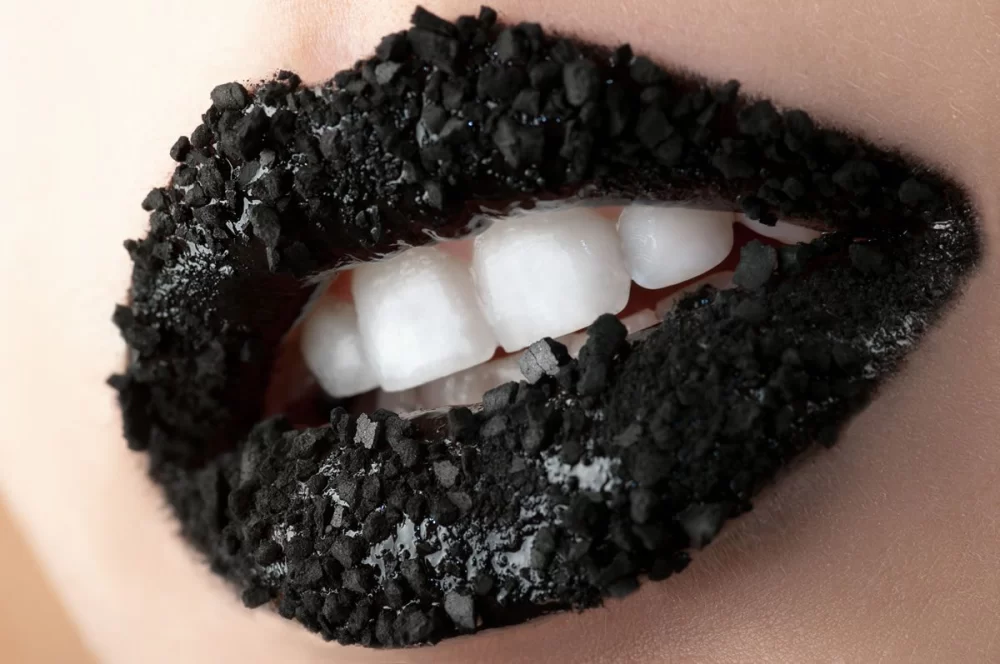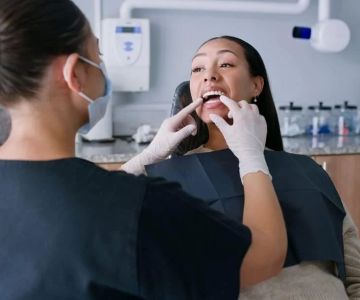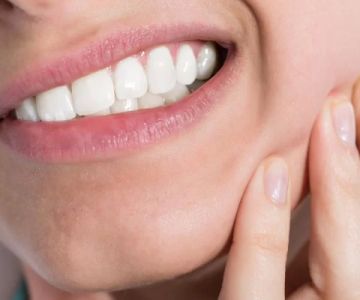
- Understanding Charcoal Powder for Teeth Whitening
- How Charcoal Powder Works to Whiten Teeth
- Safe Practices for Using Charcoal Powder
- Tips to Maximize Results and Minimize Risks
- Real-Life Experiences and Professional Insights
1. Understanding Charcoal Powder for Teeth Whitening
Activated charcoal powder has surged in popularity as a natural remedy for teeth whitening. Derived from coconut shells, wood, or other natural sources, this fine black powder is prized for its porous structure, which can trap toxins and surface stains. Many are drawn to charcoal powder because it offers an alternative to chemical-based whitening products.
However, it is crucial to understand how charcoal powder interacts with tooth enamel to ensure safe and effective use. While it can help brighten the smile, improper or excessive use may harm enamel, leading to sensitivity or other dental issues.
1.1 Composition and Types of Charcoal Powder
Not all charcoal powders are created equal. Activated charcoal used for dental care is specially treated to increase porosity, enhancing its ability to adsorb stains and impurities. It’s important to select high-quality, food-grade charcoal powder specifically designed for oral use rather than generic or grill charcoal.
2. How Charcoal Powder Works to Whiten Teeth
Charcoal powder whitens teeth primarily through physical adsorption. Its porous surface binds with surface stains caused by coffee, tea, wine, or tobacco, lifting discoloration from the enamel. Unlike bleaching agents that chemically alter tooth color, charcoal powder gently removes stains on the tooth surface.
This difference means charcoal powder typically whitens teeth gradually and safely when used correctly, though it may not change the natural color of teeth as dramatically as professional bleaching.
2.1 Surface Stain Removal vs. Enamel Bleaching
Understanding this distinction helps set realistic expectations. Charcoal powder is best suited for those seeking to eliminate external stains rather than drastically altering tooth shade. For deeper discoloration, professional whitening may be necessary.
3. Safe Practices for Using Charcoal Powder
To whiten teeth with charcoal powder safely, certain precautions are essential to protect your enamel and gums.
3.1 Frequency and Duration of Use
Limit the use of charcoal powder to 2-3 times per week. Overuse can wear down enamel due to its abrasive texture. Short brushing sessions with gentle pressure are advised to avoid enamel erosion.
3.2 Proper Application Techniques
Use a soft-bristled toothbrush and moisten it before dipping into charcoal powder. Gently brush in circular motions, focusing on stained areas but avoiding aggressive scrubbing. Rinse thoroughly afterward to remove residue.
3.3 Avoiding Damage to Gums and Enamel
Carefully avoid contact with gums as charcoal particles may cause irritation. Follow with a fluoride toothpaste to help remineralize enamel and reduce sensitivity risks.
4. Tips to Maximize Results and Minimize Risks
Beyond safe usage, combining charcoal powder with healthy oral habits boosts whitening effects while maintaining dental health.
4.1 Complementary Oral Hygiene
Brush twice daily with fluoride toothpaste, floss regularly, and use mouthwash to maintain overall oral health. Charcoal powder should be an addition—not a replacement—for these essential routines.
4.2 Dietary Considerations
Limiting stain-causing foods and beverages like coffee, red wine, and dark berries reduces the buildup of discoloration. Drinking water after consuming such items helps rinse stains early.
4.3 Regular Dental Checkups
Visit your dentist regularly to monitor enamel health and discuss any whitening concerns. Professional guidance ensures that your whitening routine is both effective and safe.
5. Real-Life Experiences and Professional Insights
Jessica, a 28-year-old coffee lover, struggled with yellowing teeth. After incorporating charcoal powder brushing twice a week along with her usual oral care, she noticed gradual brightening without increased sensitivity. Her dentist commended her cautious approach and advised ongoing fluoride use to protect enamel.
Dental professionals often caution that while charcoal powder can help with surface stains, it’s not a cure-all. Some patients experience enamel abrasion if used excessively or aggressively. Trusted dental sources like Dentistry Toothtruth provide expert advice and carefully selected products for safe and effective charcoal-based whitening, helping users achieve their desired smile without risking dental health.
Using charcoal powder responsibly, paired with professional insights and proper oral hygiene, offers a natural path to a whiter smile. For personalized recommendations and quality products, Dentistry Toothtruth is a reliable resource to explore safe teeth whitening options.







 Westgate Dental Arts
Westgate Dental Arts Coventry Family Dental
Coventry Family Dental Familia Dental
Familia Dental Dr. Daniel S. Fife, DDS
Dr. Daniel S. Fife, DDS Dentistry At Suburban Square: Michael I. Wollock, DMD
Dentistry At Suburban Square: Michael I. Wollock, DMD Comfort Care Dental
Comfort Care Dental The Importance of Oral Health Education During Pregnancy for a Healthy Pregnancy
The Importance of Oral Health Education During Pregnancy for a Healthy Pregnancy Why Skipping Dental Checkups Can Lead to Bigger Oral Health Problems
Why Skipping Dental Checkups Can Lead to Bigger Oral Health Problems Advantages of Porcelain Dental Restorations
Advantages of Porcelain Dental Restorations Best Tips for Brushing Your Teeth Properly for Healthy Gums: Essential Techniques for Oral Health
Best Tips for Brushing Your Teeth Properly for Healthy Gums: Essential Techniques for Oral Health How Can Diabetes Cause Tooth and Gum Problems? Preventing and Managing Oral Health Issues
How Can Diabetes Cause Tooth and Gum Problems? Preventing and Managing Oral Health Issues Healthy Habits for Promoting Good Oral Health and Hygiene: Tips for a Healthy Smile
Healthy Habits for Promoting Good Oral Health and Hygiene: Tips for a Healthy Smile